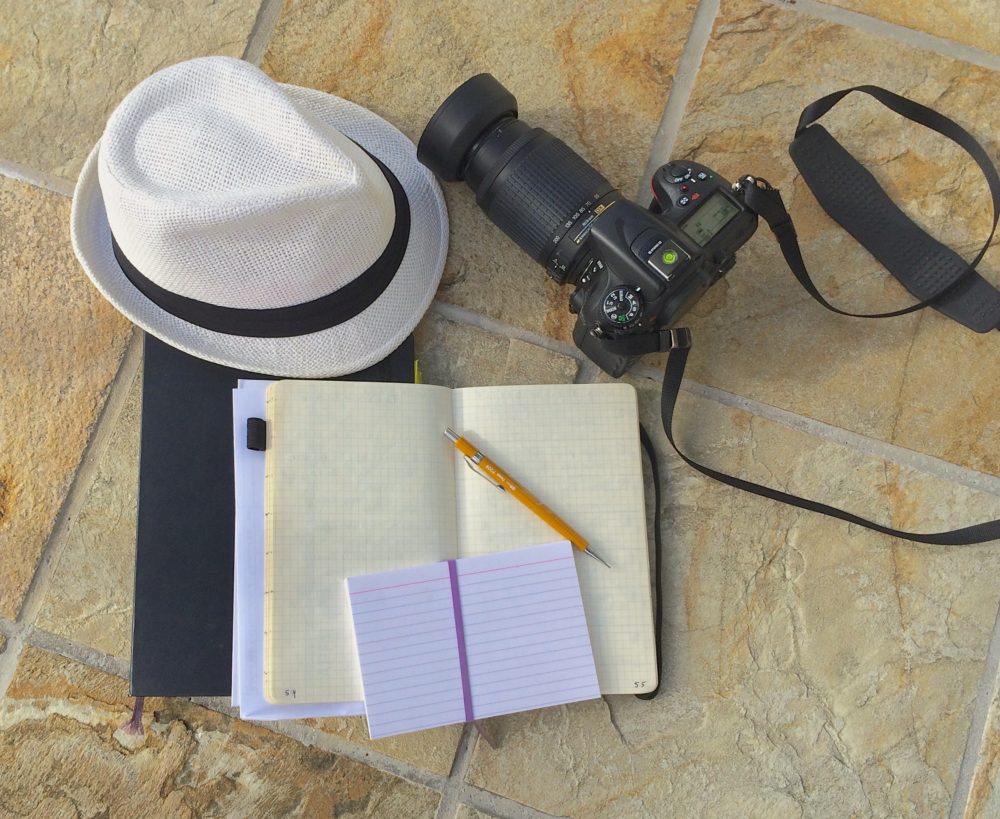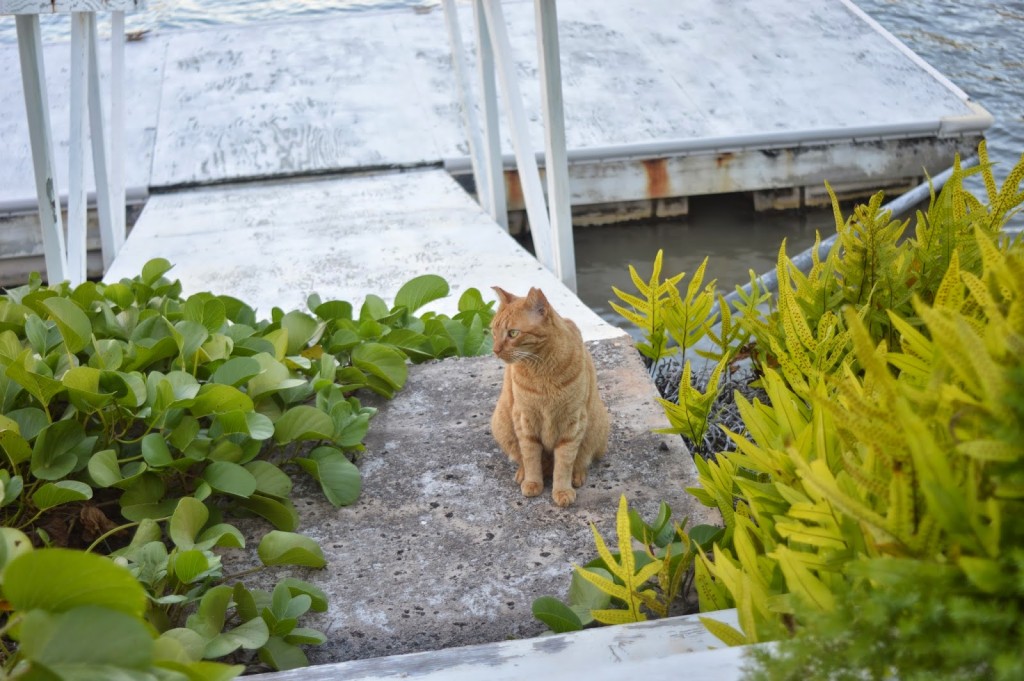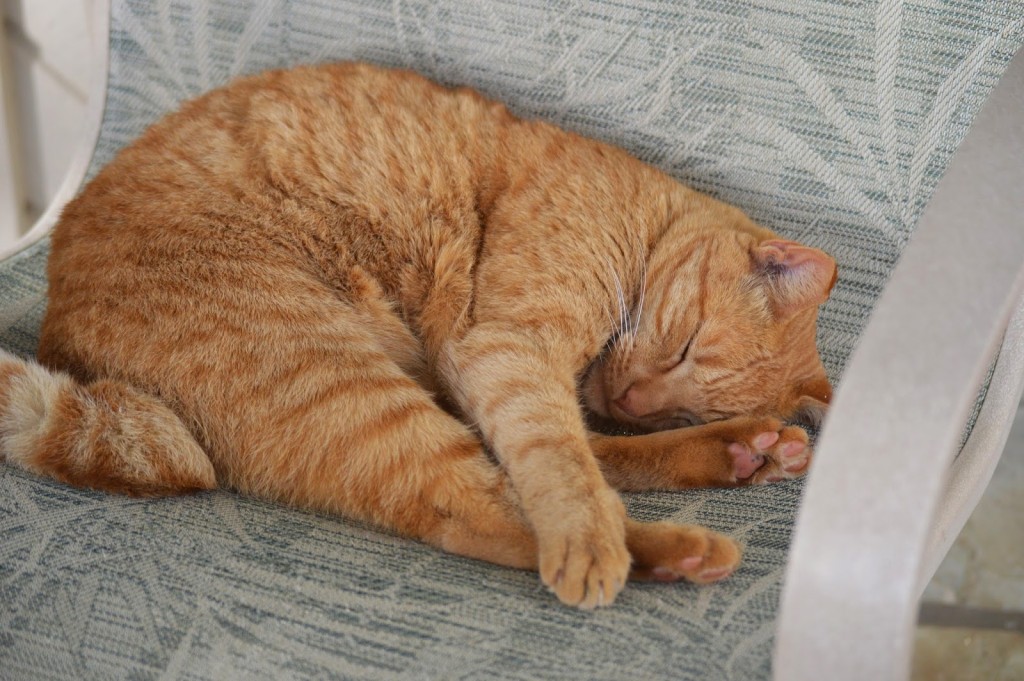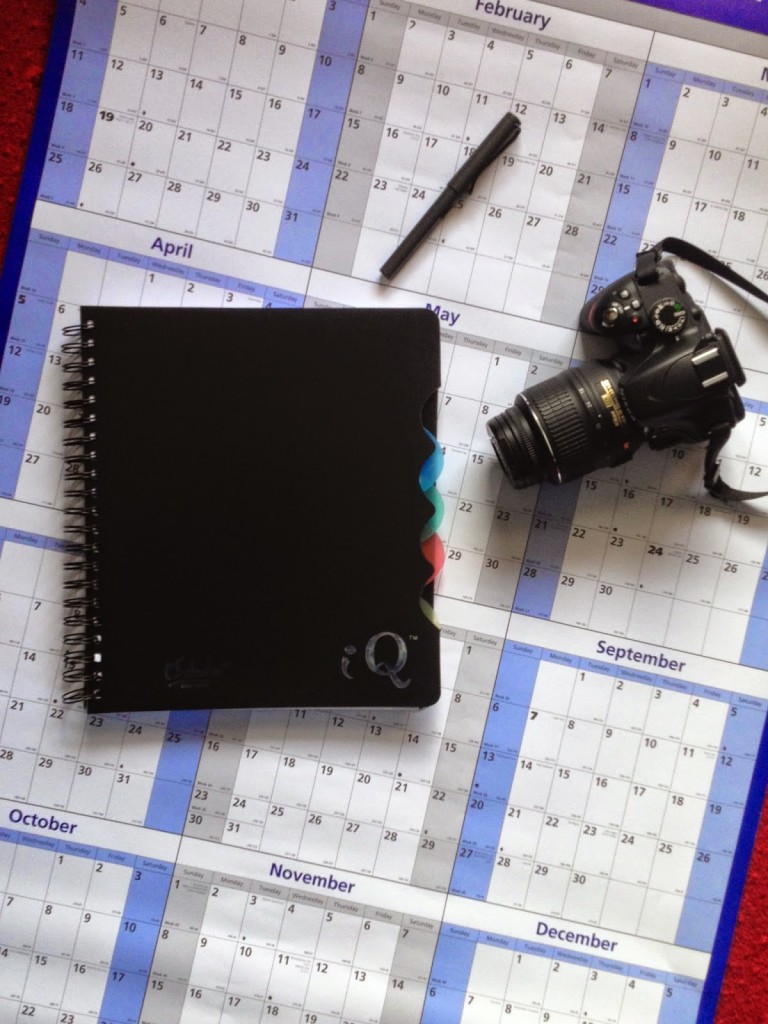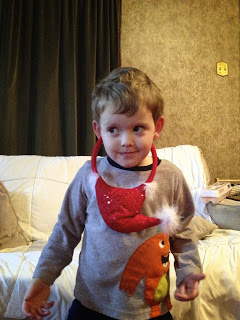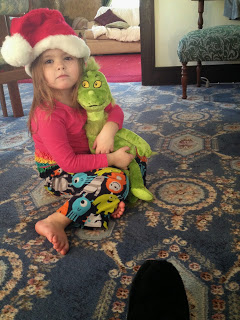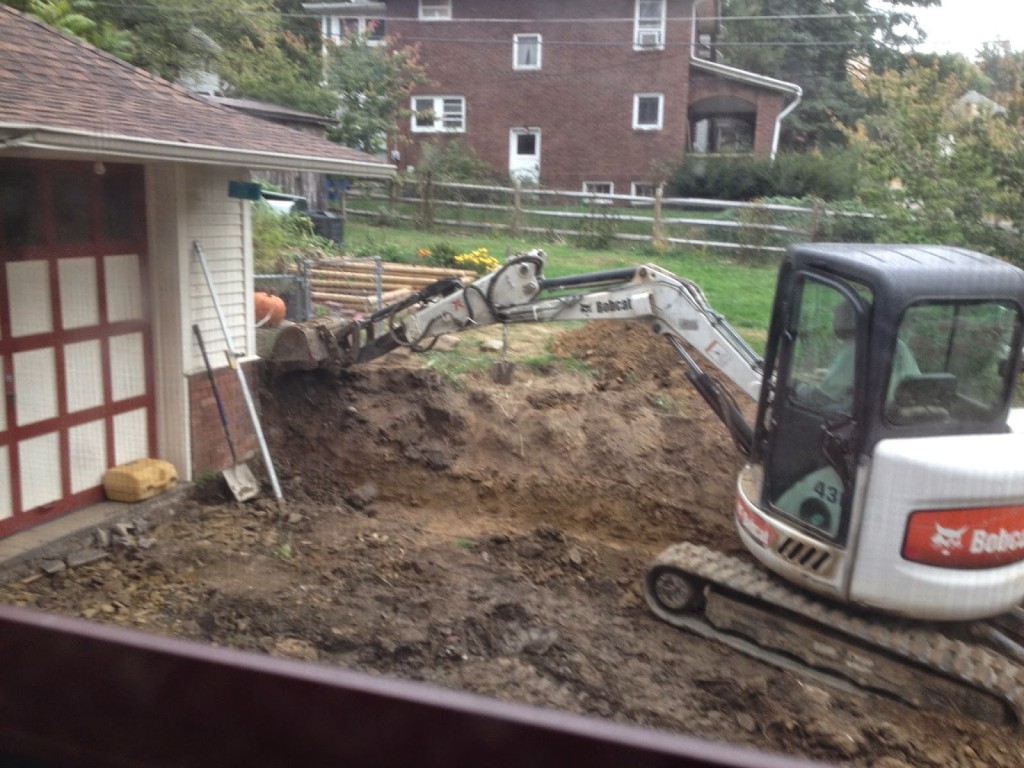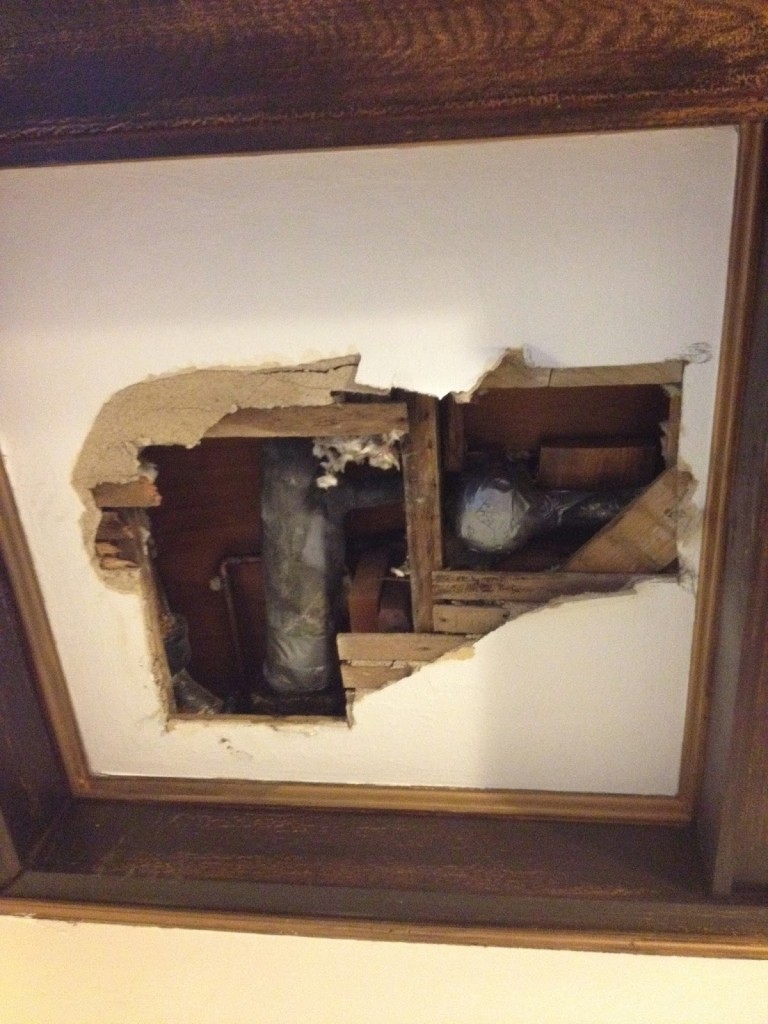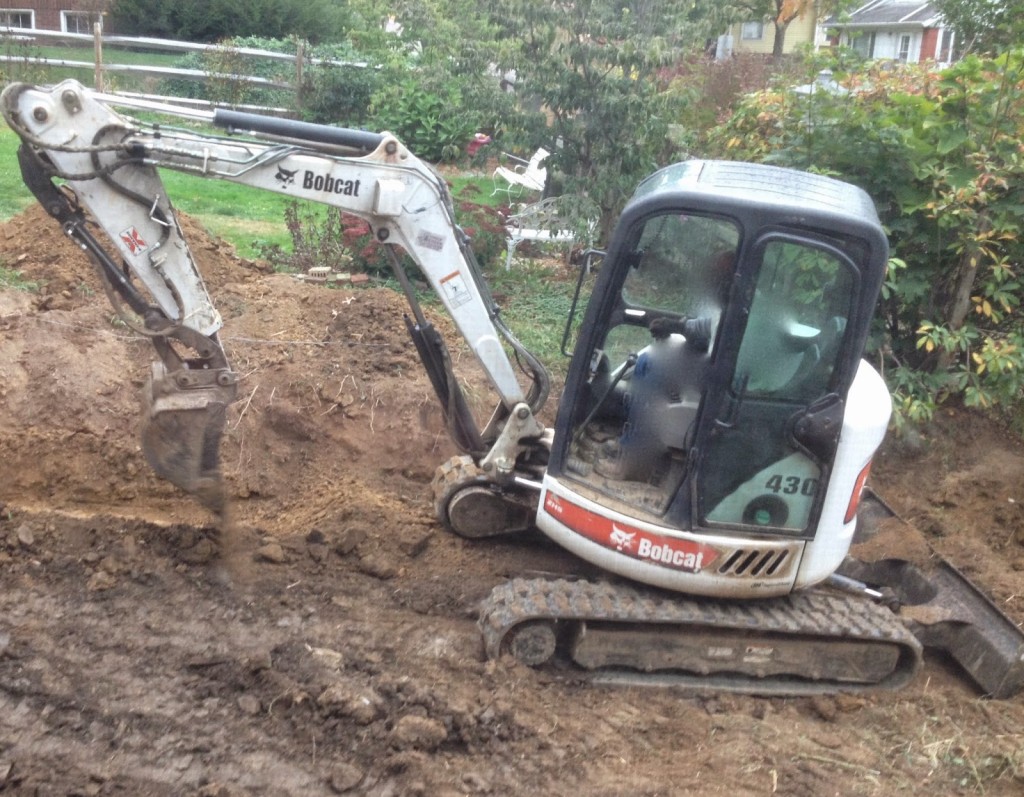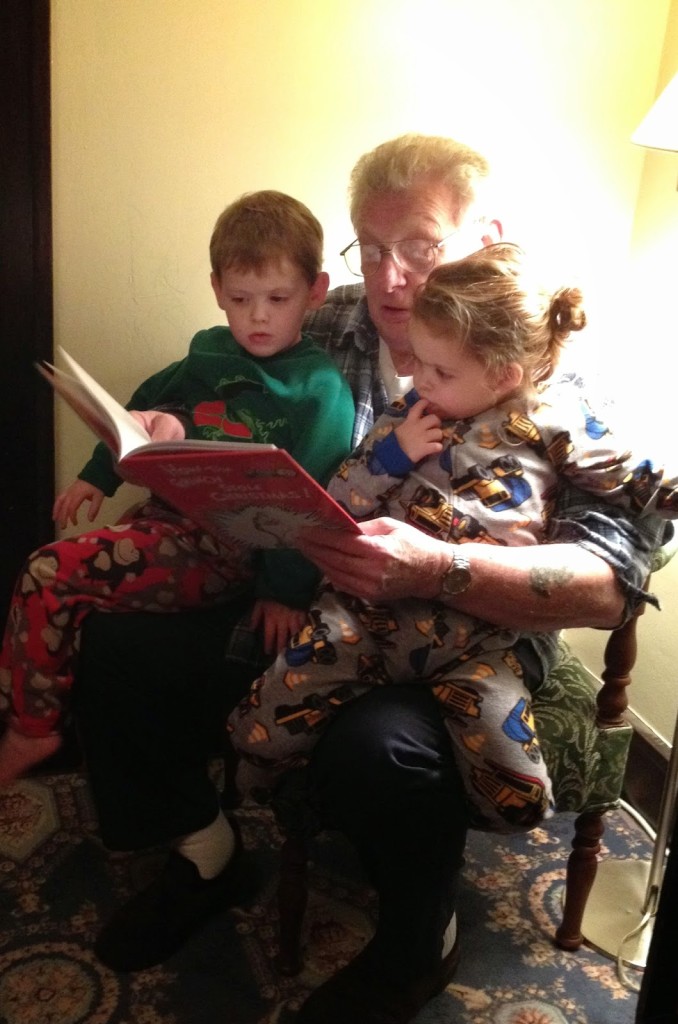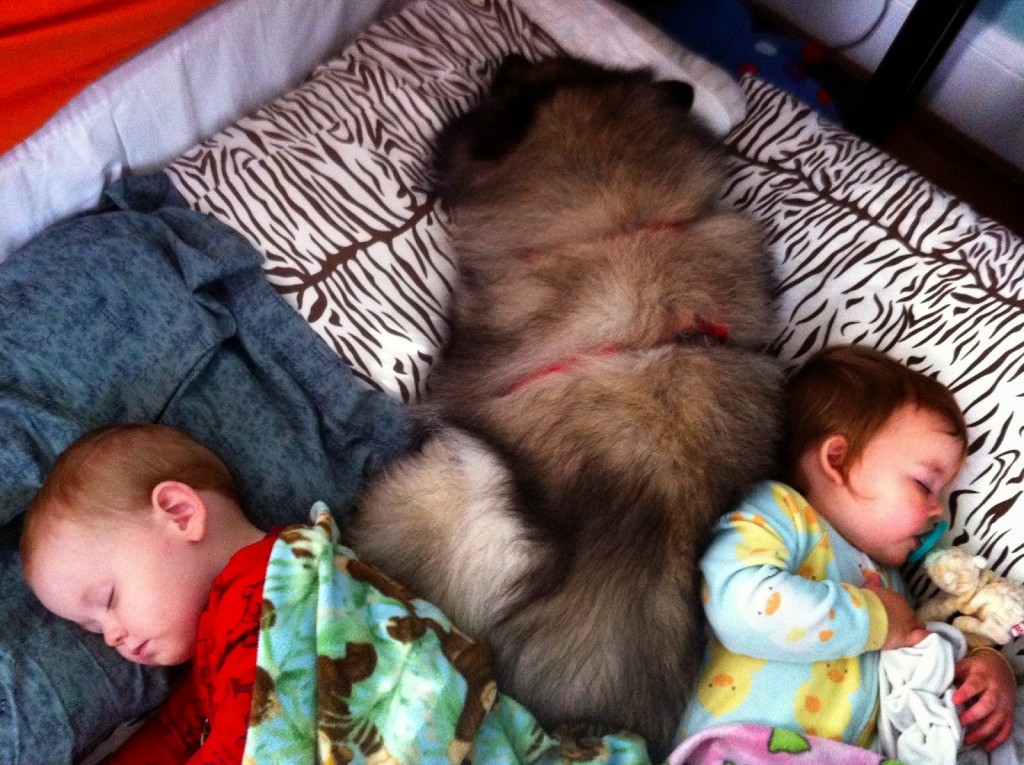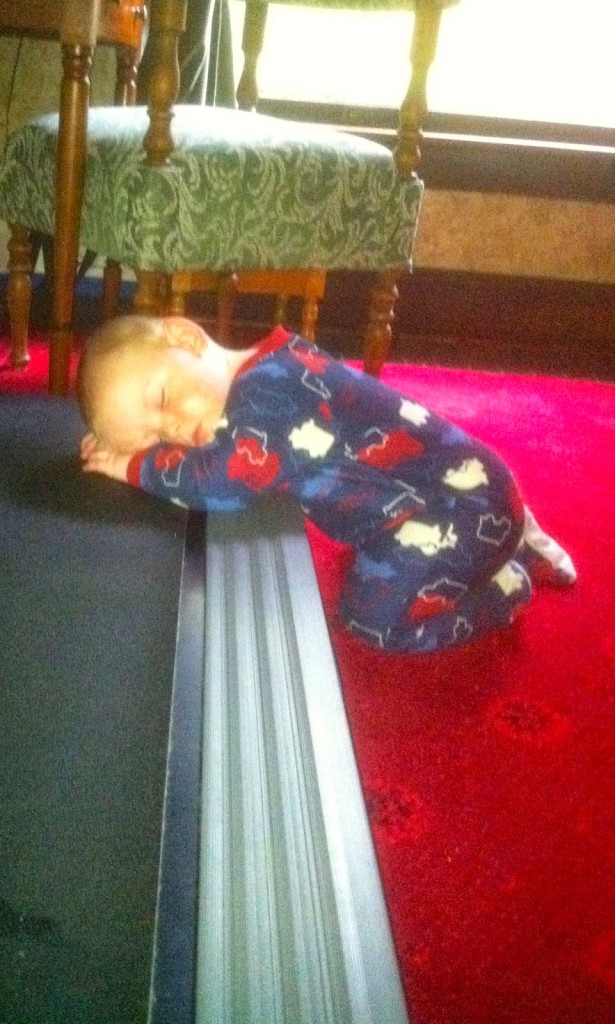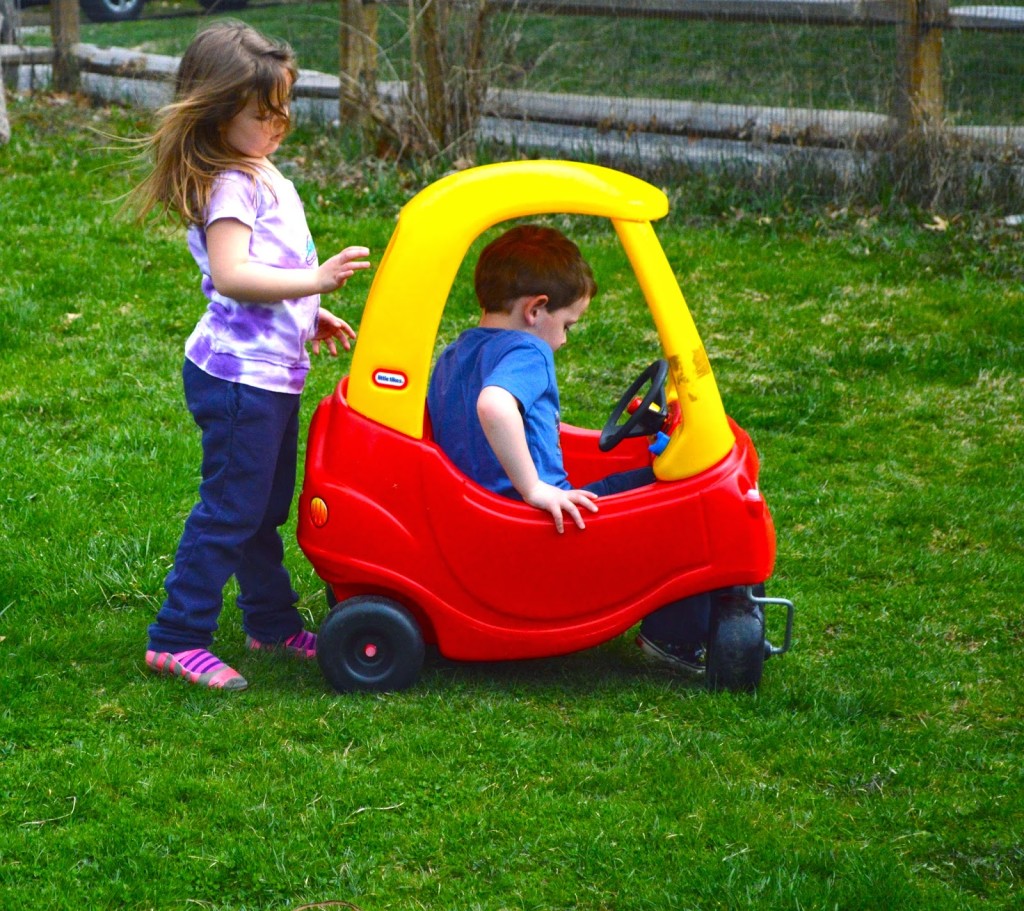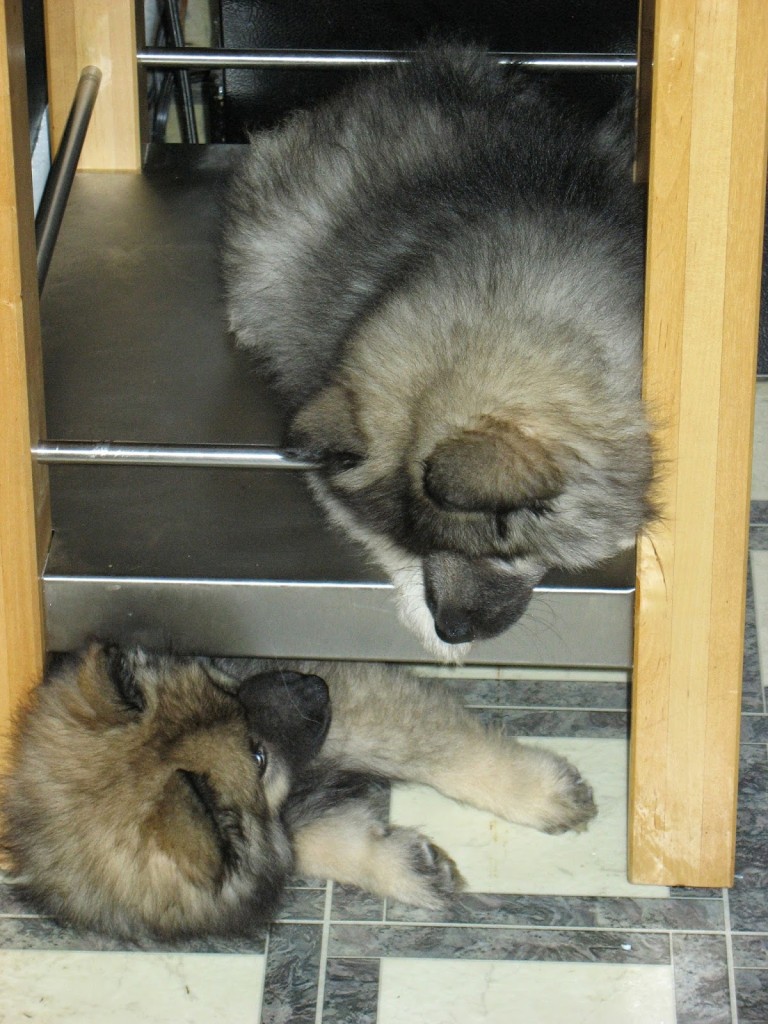Tag Archives: ADD/ ADHD
Taking the Long Way Home
After six weeks, ten thousand six hundred and ten miles, four suitcases, two sets of grandparents, and a wonderful start to the year, I am finally home. Happy, exhausted, and full of new ideas for this year’s posts. I enjoyed writing my Year of Women’s Voices series and will continue the book review series this year. The blog will continue to feature tips for living with ADHD, time management tips, inspiration and ideas for writers and creative people of all types.
Last week I started a new series about money management and ADHD, follow this link if you missed it . Today I am starting another new series: Silent Sunday. Once a month I will post photographs / photo essays. Use the photos for inspiration, a story prompt, or just enjoy them.
Keeping Track: Tips for Managing Multiple Writing Projects
It is not uncommon for me to have at four or five writing projects in progress. The gift of ADHD means that I always have projects. Some are large, long term projects such as developing my editorial calendar, manuscript drafts and edits, others are short such as website content and blog posts, and some fall in between, think short stories and journal articles. Although I love the reminder feature on my Google calendar, as a visual person I have difficulty conceptualizing time when it is represented by little boxes on a computer screen limited to a one month view.
 |
| Click here for my post on Creative Acts and Self Care |
I need to see it all. My solution is a twelve month wall calendar. I like a Write on/ Wipe off type, ever so helpful if deadlines, or project details change.
I know some people are able to just work on one thing, and then move on to their next project, but my mind does not work that way. I need to be able to move to a different project when I get bored with what I am working on, and want to start something new (because new always feels good), going back to another project gives me the same feeling of doing something different, and yet it propels me forward in that task so in the end it all gets done.
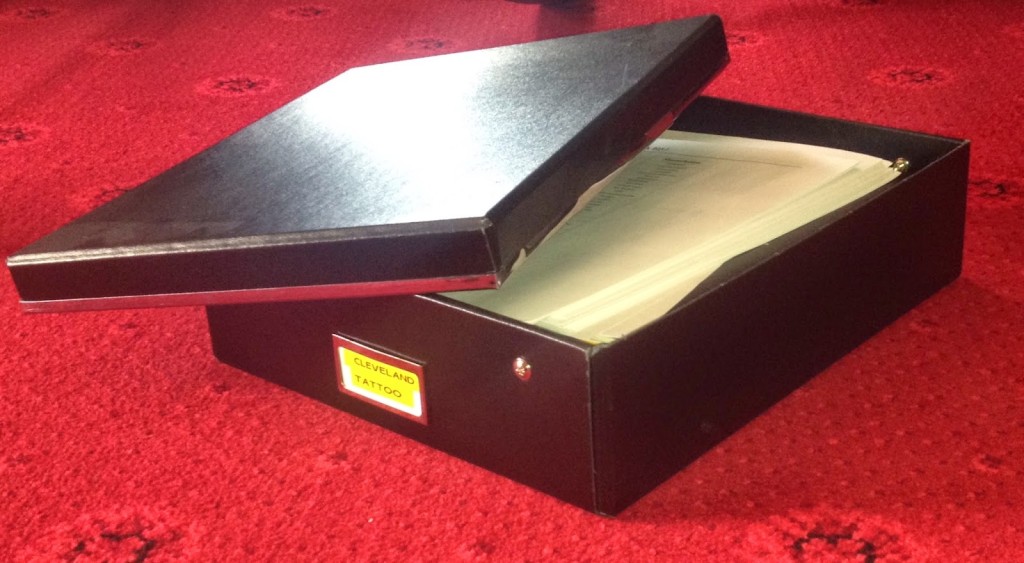 |
| Click here for my post on using flat files to keep my big projects organized |
I also make notes in each file, listing the next steps to complete the project. For example, word count goals, scenes left to write or rewrite, necessary research, lists of of photographs/ images needed, correspond with a co-author, conduct an interview, follow up on an email, etc. I make these notes at the end of the manuscript and/or on the outline. What, no outline? Read my post about outlines here. Outlines really are helpful.
I started keeping my Next Steps List when I was working on my master’s thesis. It kept me on track so I could finish my thesis on time, using every second of time I had to work effectively.
A Next Steps List helps in three ways:
1. You know what you need to do next to move toward completing your project and can get right back to work after a break in writing, invaluable with limited writing time.
2. A Next Steps List clears your brain so you can move on and work on other projects without the distraction and worry that you are forgetting something.
3. Crossing out tasks as you finish them is a visual reminder that you are making progress. A visual reminder of your progress helps maintain motivation on long projects.
In addition to my other writing projects, I write this blog and am starting another in February. (Stay tuned for details). If you are a blogger, or want to be one, the best thing you can do for yourself is to create an editorial calendar. An editorial calendar is simply a calendar that you use to plan posts that you want to write, give them publishing dates and plan your posts. Keep it loose, give yourself permission to change what your post is about if you don’t want to write about that topic that week. Your editorial calendar allows you to plan in advance, gives you a place to park all your ideas for posts, and keeps you focused on your goals for the blog.
Most writers deal with deadlines, family obligations, work, holidays, and travel. Having a long term plan will help you stick to your writing schedule, turn projects in on time, and increase your productivity. Make a plan. Hatch your dreams. Keep writing.
Tips for Traveling with ADD/ADHD
 |
| Road Trip 2014 |
 |
Traveling means a change in routine. Change combined with sensory overload is a recipe for major distraction issues, anger management issues, and overwhelm. I love to visit new places and experience new things, but getting there is stressful. It was bad enough when I just had to worry about getting myself from point A to point B but with kids it is complicated.
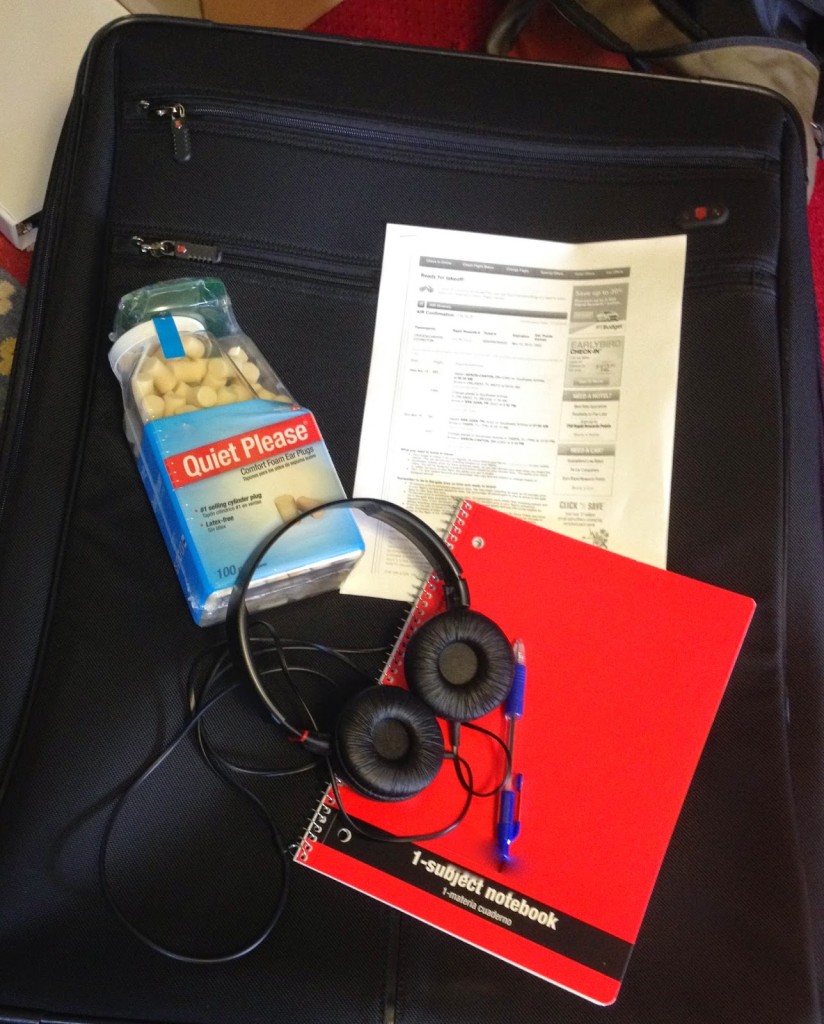 |
| Why yes, that is a giant bottle of ear plugs. |
Zoë Kessler ADHD Accoding to Zoë _ A Year of Women’s Voices
Zoë Kessler’s book ADHD According to Zoë : The Real Deal on Relationships, Finding Your Focus & Finding Your Keys (2013) is the first book I recommend to women with ADHD.
Holiday Hell or How to Survive the Holidays with ADHD
I love the holidays, but I am easily overwhelmed by the lights, shiny objects, people, and activities that go with the holidays. Parties, gift buying, gift wrapping, kids off from school, travel, big family dinners, New Years celebrations are great and horrible at the same time. I loose track of everything, my routines are interrupted, and I get very little done. For many years it would take me until February to get back to center. Here are my top ten survival strategies to make the holidays less overwhelming
1. Plan some time each day to just sit. Even if it is just ten minutes, set a timer and forget about everything, let your brain and adrenal glands rest.
2. Limit or no alcohol. I know it sounds harsh, and I know it is the season to be merry, but too much merry makes for a rough day the next day. ADHD folks often have issues with substance abuse, and the holidays make it so easy to over indulge. We like to quiet the noise in our heads with libations. Be honest with yourself about this.
3. SET A BUDGET for gifts, entertaining, and decorations. Really. Managing money is tough for folks with ADHD. Impulsive spending feels good, and combined with the distractions of the season can cause debt to balloon to epic proportions. Do it. You will be grateful when you are not still paying for the holidays in July of 2018
4. Say No. You can do it. Say NO to those events, and situations that have caused you stress in the past. This will be impossible if it involves family. In family situations, if your really feel that you have to participate, set time limits. If you know that certain family members become total nut-cakes, and act out after a few glasses of eggnog, leave before it happens. If this is you, see tip #2. Remember, their drama does not have to be your drama.
5. As hard as it is, keep up with your exercise routine. Be creative if you are traveling. Go for a walk, ride your bike, heck even shoveling snow is great exercise. For folks with ADHD, some sort of movement each day is essential self care.
6. Eat well. Have some holiday treats but beware of the stress-eat sugar-max out my caffeine-screw it because it is the holidays trap. Loading your body with stimulants only exacerbates your impulsiveness and makes you do crazy things.
7. Avoid busy shopping times. I pretty much stay away from big box and chain retail stores from November until the middle of January. I shop local. Small stores are great, less overwhelming and have fewer choices. I also like supporting my neighbors and small businesses.
8. Go back and read this post about getting better sleep . Really.
9. If other family members have ADHD remember that they are struggling too. Help your kids by modeling coping skills for sensory overload and situational overwhelm. Remind them that they can take breaks when ever they need to calm down. Help them moderate their sugar intake. Be aware that the stress of the holidays can make kids with no issues act out, ADD/ADHD just stacks the deck.
10. Enjoy yourself. Do what you need to do for your own self-care and your family’s well-being. If folks judge you for that, that is their problem, don’t let it be yours.
I hope these tips help.
My daughter trying to make the Grinch feel better.
My smirk, perpetuated by my son…
Flexibility and ADD/ADHD: Why it is hard to shift gears
So my driveway has looked like this for the last three weeks. Yes, that is my backyard on the other side and the only way to get to it is to walk around the block to the back gate. The second week of driveway repair, my tub leaked into the ceiling, which then looked like this,
and the plumber couldn’t get back to fix it for a week.
That being said, I have had better luck trying to replace our windows. The windows in our property have needed replacing for some time now. As windows get older they can often get damaged by bad weather and this can cause them to let in a draft. Over time this can actually have an impact on your utility bills as you end up having to use more energy than necessary to keep your home warm.
Anyway, a friend of ours who lives in Missouri told me that she managed to find an amazing window replacement company online by searching for ‘replacement windows kansas city‘. We all search for things online nowadays, so if ever you need a home renovation expert to take care of any remodeling work on your property, doing some research online and comparing your options can help you to find the best possible contractor at the most affordable price for your budget.
Ultimately, I was able to find a great window company in our area and they have promised to visit us at some point over the next couple of weeks.
So what has all this got to do with flexibility?
For folks with ADD/ADHD we struggle to find our equilibrium when our routines are disrupted. I have misplaced my keys three times in one day, because my driveway is still under construction, and we can’t use our normal route in and out of the house. Where do I hang my coat and keys? Where are we going to keep the leashes, shoes, coats, bags, and everything else we have organized to make getting out of the house easier?
Most people can adapt and adjust to a disruption of their routines pretty quickly. ADD/ADHD folks find it much harder to adjust. It often takes us a very long time to find a routine that enables us to accomplish our goals. We seem inflexible because any disruption of our routine makes it that much harder for us to get out of the door and accomplish anything because we feel frustrated, confused, and angry at the disruption.
We can’t let go of our routines, and we can’t let go of our desire to return to what was working. We sabotage ourselves so often, that when our routine is disrupted from the outside, we freak out, call it a wash, act out, and get nothing done.
Here are my five tips for coping when an event disrupts your routine.
1. If your normal staging area is blocked (your landing/take off pad), take the time to establish a new one. You will waste less time in the long run.
2. Forget about keeping all of your routines in place. Breathe. Decide what is most important. Enlist help from other people if you need help with sorting important tasks from unimportant tasks.
3. Understand that home improvement projects are unpredictable. Estimated completion times are just that, an estimate.
4. Remember to eat well. Do not fall into the uber-caffeinated/ junk food/ drink a lot/ screw all my good intentions/ I’m stressed out because my house is broken, excuse.
5. If you work at home, try and stick to your office routine. If you can not work because the noise of the project is disruptive, or watching the large equipment is hypnotic, find another site to work. Libraries often have study rooms you can use during school hours. I call the local library my branch office.
6. Do not start any new projects, even if you really, really want to because of the stress.
7. Remember renovation/ home improvement projects are hard on other family members, including pets. Work together to figure out what works for everyone.
I hope these tips help. Remember if it all is too much, you can always watch the heavy equipment.
Tips for Coping with a Family Member’s Illness: Trying to be Still when All You Want to do is Run
We all have times in our lives when we have to wait to see how things will work out. We can’t flip to the end of the story to see if our favorite characters make it.
I am in that space right now. My dad is dealing with some health issues. No matter how hard I try I can not bend the space-time continuum to see if everything will be okay, and I get to enjoy my dad for many more years. Life stress can cause anyone to indulge in, or develop unhealthy behaviors.
Stress, for those of us with ADHD can lead to some incredibly destructive behavior. Our normally hyper-charged system goes into overdrive from the extra adrenaline in our systems.We often suffer from raging insomnia, and do wildly impulsive things based on our addictions of choice. We make poor decisions because we are tired. Our struggles to focus are intensified as routines are interrupted by ourselves, or the need to care for others.
We struggle to keep still, to fight our urge to bolt. Our desire to seek the comfort of distraction and movement intensifies. Excess is the hallmark of our lack of coping. We may find ourselves over-eating, over-spending, over-drinking, over-exercising, over-reading (yes, it is possible), starting a new hobby, or deciding that now is the time to start building that addition / greenhouse / remodel a bathroom.
Unable to cope with our discomfort and lack of control, we start every project on our to-do list, creating even more stress. You do get a lot of things done, but you often end up exhausted and more stressed, as well as adding to the stress of those around you.
This is not my first time at the cancer rodeo, standing in the chute, waiting to see how bad, or short the ride might be. These are five tips for coping when a family member has health issues:
1. Breathe. Stop, and make yourself take ten slow breathes.
2. Sit. Stop, and make yourself sit. Set a timer and take ten minutes to check in with yourself and what you are feeling. If possible sit outside. Spending even just a little time in nature is good for you.
3. Hug. Hug the people around you, hold on tight (not in a creepy way). Remember they are stressed too.
4. Stop starting new things. Finish what needs to be finished.
5. Set a timer for a certain time everyday to stop what you are doing and think about the person you are worried about, pray, meditate, send woo, send love, chant, whatever your spiritual beliefs are just do it. Just doing this one thing consistently kept me grounded through a best friend’s battle with cancer.
I hope these help. They have helped me keep it together when my life felt like it was exploding.
Ten Tips for Improving Your Sleep–No Really
I worked night-shift for years, figuring if I wasn’t sleeping I might as well make some money while I was awake. As a day sleeper, I developed an unnatural hatred of leaf blowers, lawn mowers, and weed-whackers during that time. I still have periods of insomnia, that combined with my hyperactivity have resulted in re-upholstered chairs, stripped wall-paper, and thousands of written words (NANOWRIMO I am talking about you) in the middle of the night.
Sleep really does make a difference. Some studies have suggested that going without sleep affects reaction times and judgement as much drinking alcohol or smoking marijuana. Even though marijuana is now being used to treat different sleep disorders and lack of sleep, medical marijuana (such as the quality of cannabis you’re able to find if you were to Read more about this online Canadian dispensary for example) has many medical properties that can be benefitted from, should it be consumed correctly under a medical professionals guidance. Lack of sleep has also been linked to weight gain, poor immune response and depression. Twenty-four hour access to the Internet, unlimited streaming movies and television are often blamed for sleep disorders.
As someone who had issues with sleeping well before the advent of cable television, WI-FI, and smart phones I don’t think that simply turning off your devices is the answer. Individuals with ADD/ADHD often have sleep issues related to hyper-focusing on a project, anxiety, hyperactivity, disorganization, and over-commitment,
The following is a list of things that I have complied that have helped me sleep better. I don’t address the sleep issues that come from raising children, because I don’t have a clue how to address them. If you have any answers or suggestions, please share them!
I hope these suggestions help you to sleep better, and as always do the best you can.
- Create a routine before bed. It works for kids because it sends signals that it is time to wind down and go to sleep. A cup of tea or beverage of choice can help.
- Avoid screens about two hours before bed. Back lit screens stimulate your brain, and the soap opera that is Facebook and social media can keep you awake. Although cute pictures of babies and pets may make for happy dreams, trying to sleep after reading a political rant, a social outrage piece, or some terrible news before bed stimulates your brain in a negative way.
- Make your bedroom as dark as it can be, and make it a tech free zone. No computers, no TV, and if your cell/smart phone is your house phone locate it so that you have to get out of bed to get to it, do not put it on your bedside table.
- Prepare for the next day. Get your clothes out, make the lunches, make a list of what needs to be done. Empty your brain of all tasks that you know you need to do and haven’t done. This prevents the wake up at midnight, “Oh damn, I forgot I need to…” syndrome that keeps you from going back to sleep.
- Limit caffeine. I know this sounds simple but finding out how late you can drink a caffeinated beverage and still sleep is vital. I know if I have anything with caffeine after twelve noon, I will be wired until one or two in the morning. Find out your threshold and deploy caffeine strategically.
- Take a warm bath or shower before bed. It works for kids and it can work for you too. If you want to get fancy try some lavender bubble bath or soap.
- Exercise. You know you should. Remember taking a walk around the block, gardening, and playing with your kids counts.
- Check in with yourself. Do you have aches and pains that keep you awake? Do you need a new mattress or pillow?If your bed is not comfortable you will not sleep.
- Are your animals keeping you up? I sleep better if my dogs are with me but some people don’t. Don’t be afraid of establishing new rules about who sleeps where, remember you are the boss, even if the cat doesn’t think so.
- Take a minute before you fall asleep to think of good things in your life, even if it takes you more than a minute, it is time well spent.
5 Tips for Going Back to School Without Loosing Your Mind
School started this week for my kids. It is bittersweet. Woohoo! For 3 hours I don’t have to worry when it is too quiet, sort out squabbles, or pay attention to anything but my own work. Dang! Now we have to get up at the same time five days in a row, brush hair, pack lunches, and wear clothes other than bathing suits.
I am so happy to have my time back, but I have to acknowledge that keeping my kids organized when I struggle myself is daunting. Parenting with ADD/ADHD can be difficult. It is enough most mornings to get myself out the door, on time with everything I need. When you add walking and feeding the dogs, and two little people that have to be reminded to get dressed, eat breakfast, brush their teeth and hair to the mix, and I am overwhelmed at times
After arriving at school, one more than one morning, with no one’s hair brushed, including mine, I decided I needed a checklist, and a schedule for the mornings. I created a routine and started preparing as much as I could the night before. As a parent, I really want to help my kids learn good habits for getting out of the house in the morning. These are my top five survival strategies for back to school.
1. Use scrap paper and make a morning checklist. Tape to to your coffee pot, or tea cup. For a more permanent solution use a write on-wipe off, or chalk board. Hang it on door that you go out in the morning. Nothing is too trivial, create little check boxes for hair, teeth, clothes, lunches, backpack, and anything special you need to remember.
2. Layout your clothes the night before. Get the kids to lay out their clothes. This avoids the last minute “I can’t decide what to wear” moments that can really derail the morning schedule.
3. Schedule times for breakfast, showers, clothes on, teeth brushed, and out the door. Be flexible, and always allow more time that you think it will take. Set a timer to go off ten minutes before you have to leave, this allows time for everyone to make sure that they are ready to go. This really helps if everyone has to leave at the same time. If you have staggered schedules for your kids set the timer accordingly.
4. Set up a family calendar. Use it. Commit to looking at it before you go to bed, and in the morning, after a caffeinated beverage of your choice.
5. Give yourself enough time in the morning. Do not be unrealistic about how long it takes to get everyone ready, and out the door. I have dogs that have never slept past 6:30. I depend on them to wake us up, and I never set an alarm clock. If you lack furry alarm clocks, or if your dog/cat is unreliable, be sure to set an alarm. Get up when it goes off. Ban the snooze button, it is so not worth the stress of rushing around.
Breathe. Expect the first month of school to be chaos. Work with what you have, and make changes little by little. Bonus Tip: Always make sure that you have a comb in your car in case you still forget to comb hair.
